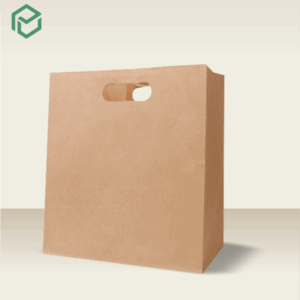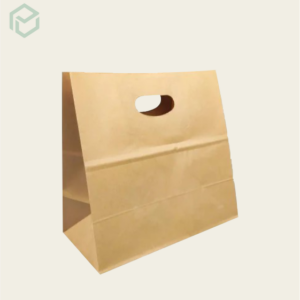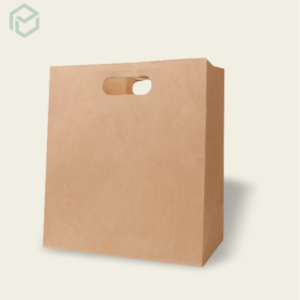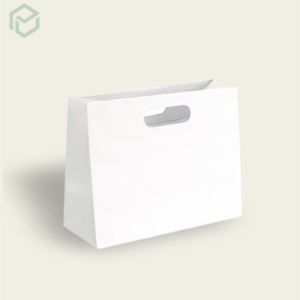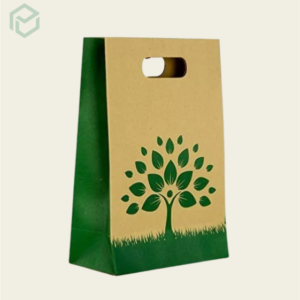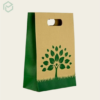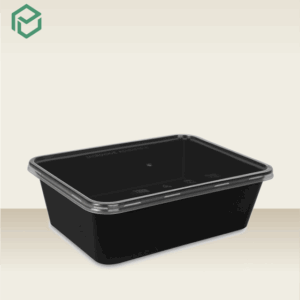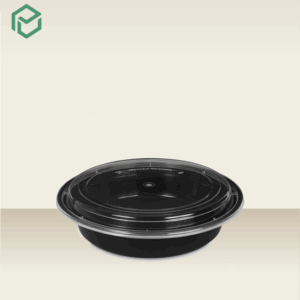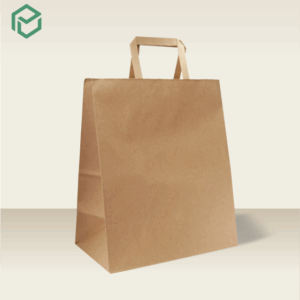Die Cut Paper Bags
Our Die-Cut Paper Bags are impressive in every way. They are made of recycled paper and have a die-cut handle. Its designs can be customized according to your brand’s needs. Available in various sizes, and are great for businesses looking for packaging solutions that reflect quality and attention to detail.
Detailed description of the Product
- Enhanced Brand Recognition: Die-cut bags allow different shapes, logos, and custom designs that will make your brand easily recognizable. The unique cutting creates exceptional packaging that sets your business apart from others.
- Superior Durability and Strength: The die-cutting method produces reinforced handle areas that significantly increase the weight-bearing capacity. The enhanced construction eliminates the possibility of tearing and gives your customers peace of mind that they can safely carry their purchase.
- Professional Aesthetic Appeal: These bags offer a modern look and professional finish to improve your brand’s perception.
- Design Flexibility: The unique die-cut design allows brands to customize these bags according to their product specifications.
- Sustainable Option: Die-cut paper bags are made of recyclable paper materials. It is the best packaging solution that appeals to eco-conscious consumers while reducing businesses’ ecological footprint.

